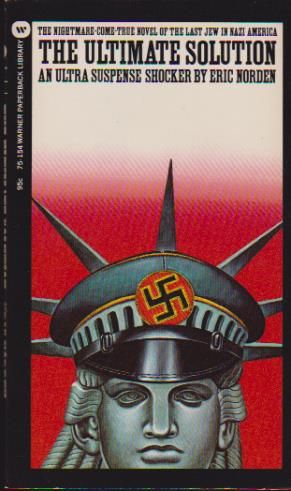Grunkins
Couch Commander
- Joined
- Jan 18, 2012
- Messages
- 620
Last night I finished Guy Gavriel Kay's River of Stars. Another beautiful book. There is no writer on Earth like Kay.
This one, like his last book Under Heaven, is written with a delicate emotional remove (compared to his more bombastic earlier books like Tigana or The Lyons of Al-Rassan where the emotional impact is immediate). I assume that has to do with the subject matter, a more formal, subtle China, vs the passionate city-state Italian peninsula or caliphate Spain. The characters and world are no less engrossing for that emotional remove, and the beauty of the work is undiluted.
His prose in this book is more poetic than in any previous book (poetry a major theme of the world of Kitai). The story was, as is typical with Kay, heartbreaking. As with his more recent works the subtleties of the court are prominent, and warfare plays a major role in the story, as does justice, injustice, duty (the word "filial" appears many times), and the possible unfolding of events had one simple thing or another gone a different way.
River of Stars is an improvement over Under Heaven in almost every way (of course I loved Under Heaven too).
This one, like his last book Under Heaven, is written with a delicate emotional remove (compared to his more bombastic earlier books like Tigana or The Lyons of Al-Rassan where the emotional impact is immediate). I assume that has to do with the subject matter, a more formal, subtle China, vs the passionate city-state Italian peninsula or caliphate Spain. The characters and world are no less engrossing for that emotional remove, and the beauty of the work is undiluted.
His prose in this book is more poetic than in any previous book (poetry a major theme of the world of Kitai). The story was, as is typical with Kay, heartbreaking. As with his more recent works the subtleties of the court are prominent, and warfare plays a major role in the story, as does justice, injustice, duty (the word "filial" appears many times), and the possible unfolding of events had one simple thing or another gone a different way.
River of Stars is an improvement over Under Heaven in almost every way (of course I loved Under Heaven too).


